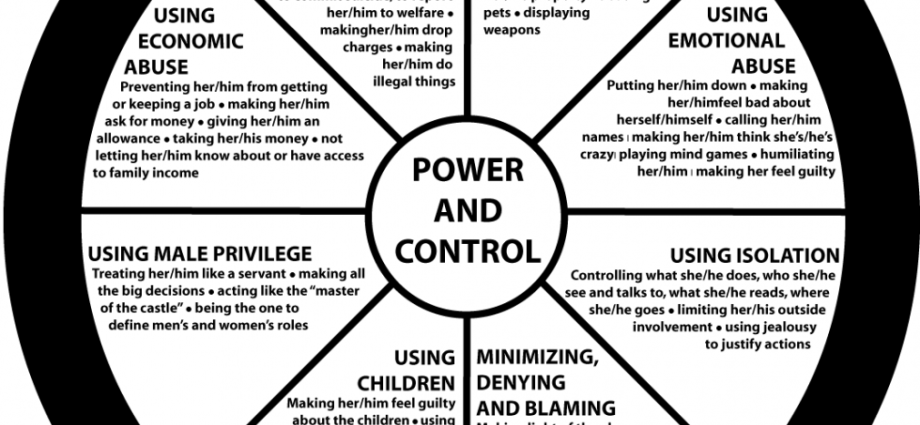“Why not just leave when things are so bad?” — the most common reaction in response to stories that someone is subjected to domestic violence, humiliation, abuse. But, obviously, everything is not so simple: serious reasons make the victim continue to get stuck in a painful relationship.
There are many myths about domestic violence and other forms of bullying. Many mistakenly believe that the victims of such treatment are masochists who enjoy being tortured. Allegedly, they «asked for it» or «provoked» their partner for abuse.
Whatever another person says or does, we are responsible for our own actions. For any problem, there are many non-violent solutions. But tormentors often believe that it is the partner who is responsible for their behavior, and indeed for any problems in the relationship. Worst of all, the victim thinks the same way.
A typical bullying cycle usually looks something like this. A violent incident occurs. The victim is angry, scared, hurt, traumatized. Some time passes, and the relationship returns to “normal”: quarrels begin, tension grows. At the peak of the tension, there is an «explosion» — a new violent incident. Then the cycle repeats.
After a violent incident, the victim begins to analyze their behavior and tries to change
During periods of «lull», without violence or abuse, the victim usually goes through several stages. She is:
1. Miandry when the partner calms down and becomes «normal» again.
2. Forgets about the violent incident, decides to forgive the tormentor and acts as if nothing happened.
3. Tries to explain to the partner what he is wrong about. It seems to the victim that if she can show the tormentor how irrational he is behaving and how painful he is doing to her, then he will “understand everything” and change.
4. Thinks how to change her. The tormentor usually tries to convince the victim that she does not adequately perceive reality. After a violent incident, the victim begins to analyze their behavior and tries to change so that the violence does not happen again.
When counseling victims of domestic violence, many professionals, including psychotherapists and priests, do not treat them with proper sympathy and understanding. Often they wonder why they do not break off relations with the tormentor. But, if you try to figure it out, you can often find that a person does not leave, because deep down he pities his partner, believing that it is «really very hard for him.»
The victim often unconsciously identifies with the «traumatized inner child» of the tormentor. It seems to her that he will definitely change, if only she can understand how «it is better to love him.» She convinces herself that he hurts her only because he himself is tormented by inner pain and he simply takes it out on those who fall under the arm, not from evil.
Most often, they behave this way because of early childhood experiences in which they developed an extraordinary capacity for empathy — for example, if in childhood they had to watch their parent, brother or sister being bullied, and they acutely felt their own helplessness.
The victim is caught in a vicious cycle of «repetition compulsion» in an attempt to right an injustice they witnessed as a child.
And now the person has matured, he began a romantic relationship, but dormant traumatic memories have not gone away, and the internal conflict still needs to be resolved. Feeling sorry for her tormentor, she falls into a vicious circle of «obsessive repetition», as if over and over again trying to «correct» the injustice that she observed in childhood. But if she tries to “love better” her partner, he will simply take advantage of this to manipulate her even more subtly, using her ability to empathize for his own purposes.
Even if others see how outrageous and disgusting the tormentor is behaving, it is often difficult for the victim to realize this. She develops a kind of amnesia about her abuse; she practically forgets about all the bad things that happened in the relationship. Thus, her psyche tries to protect itself from emotional trauma. You need to understand: this is really a way of protection, although the most unhealthy and unproductive.
Loharano: PsychoCentral.










